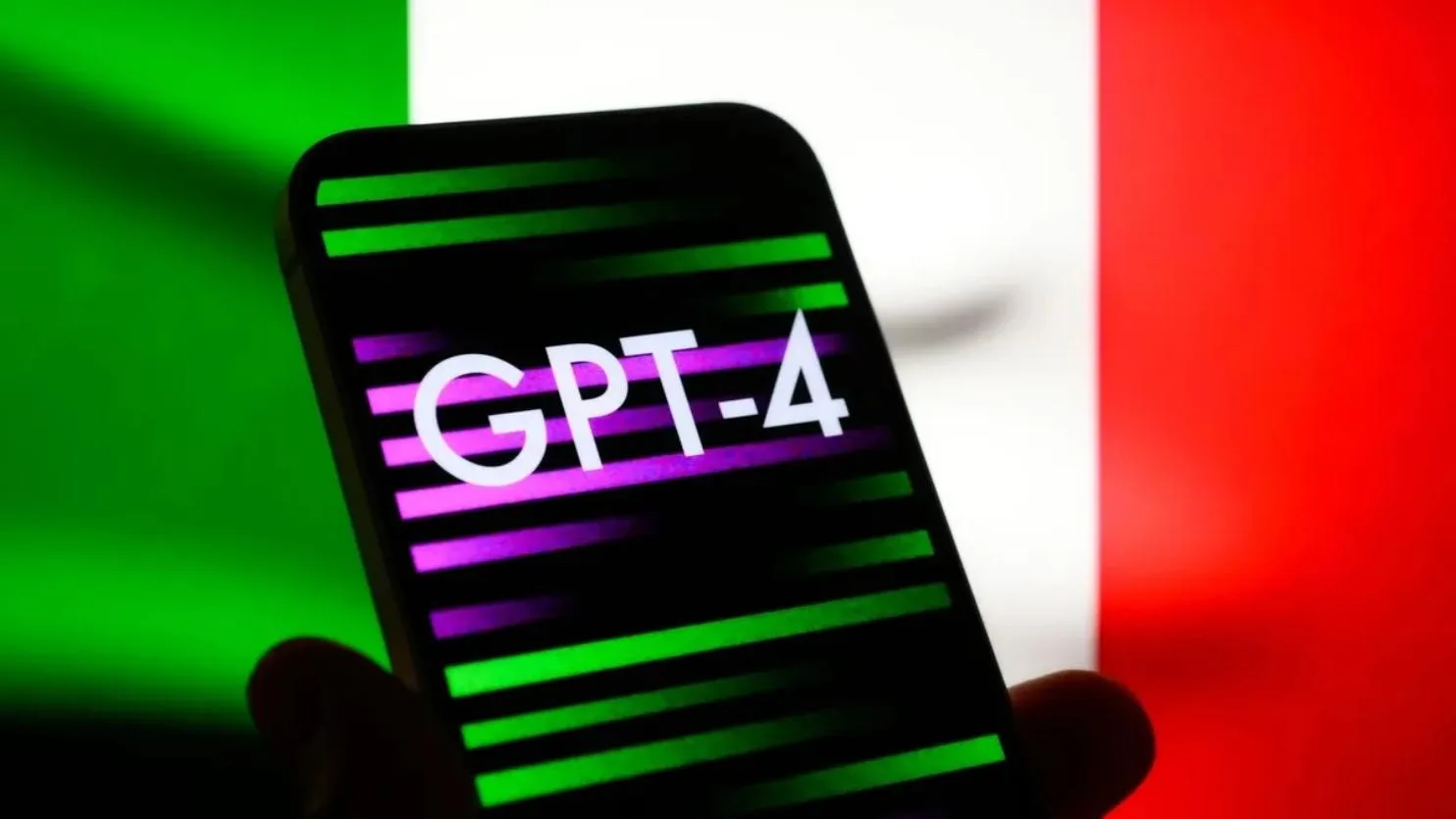Italy becomes the first Western country to block ChatGPT over privacy concerns relating to the AI model after the Italian data-protection authority said it would issue a temporary ban to investigate OpenAI “with immediate effect” and noted the platform may not be suitable for use for people under the age of 13
In a surprising move, the Italian data-protection authority has announced that it is blocking access to ChatGPT, the popular language model developed by OpenAI, citing concerns over data privacy.
Italy’s data protection agency says users lack information about how their data is collected and that a breach at ChatGPT had been reported on March 20.
The Italian regulator has also raised concerns regarding the absence of age verification measures for ChatGPT users arguing that this exposes minors to inappropriate content that may not be suitable for their age and level of understanding, noting the platform is designed for users who are above the age of 13
OpenAI was also handed an ultimatum by the Italian regulators to comply with their data protection regulations within 20 days or face a massive fine of up to €20 million ($21.8 million), which could also amount to a staggering 4% of its annual global turnover.
This is a stern warning to the AI giant, and failure to adhere to the regulations could have severe consequences and the clock is ticking for OpenAI as the world waits to see how it responds to the critical situation in the county.
Rapid proliferation of generative AI
The rapid proliferation of AI and ChatGPT has also sparked concerns about their potential impact on society, triggering a sense of urgency among regulators worldwide to take appropriate measures.
The widespread adoption of such tools has raised questions about their long-term implications, prompting policymakers to contemplate the best course of action to address this issue.
It remains to be seen how authorities will tackle this critical situation and prevent any adverse consequences that could arise from the unchecked growth of these new and advanced AI tools
The European Union is in the process of finalizing new guidelines on the use of “generative AI” tools available to the public
In the meantime, EU companies must comply with the General Data Protection Regulation, or GDPR, as well as the Digital Services Act and Digital Markets Act, which apply to tech platforms.
Insufficient regualtion
After a complaint was filed in the United States, BEUC, a consumer advocacy group, has urged EU and national authorities, including data protection watchdogs, to scrutinize ChatGPT and similar chatbots.
BEUC, the umbrella group for 46 independent consumer organisations from 32 countries is concerned that even though the European Union is in the process of developing the world’s first legislation on AI, it may take several years for the AI Act to become effective.
Deputy director general of BEUC, Ursula Pachl says that society was “currently not protected enough from the harm” that AI can cause.
“There are serious concerns growing about how ChatGPT and similar chatbots might deceive and manipulate people.,”
These AI systems need greater public scrutiny, and public authorities must reassert control over them,” says Pachl
Earlier this week industry tech leaders, including Elon Musk and Apple co-founder Steve Wozniak called to place a 6-month pause on futher development of AI systems amid fears the race to develop them was out of control.
Influential artificial intelligence experts signed an open letter demanding a halt to the development and testing of AI technologies that surpass OpenAI’s language model GPT-4 has already gained significant traction
Due to various reasons, such as governmental policies and regulations, ChatGPT has also been restricted in several countries including China, Iran, North Korea, and Russia
Australian public school students in Victoria have also been barred from using the artificial intelligence program in the classroom, with fears it could promote cheating.
OpenAI continues to push the boundaries of natural language processing technology. The company recently unveiled its newest language model, GPT-4, but is already setting its sights even higher.
With the upcoming release of GPT-5, OpenAI aspires to achieve Artificial General Intelligence (AGI) in the foreseeable future.







